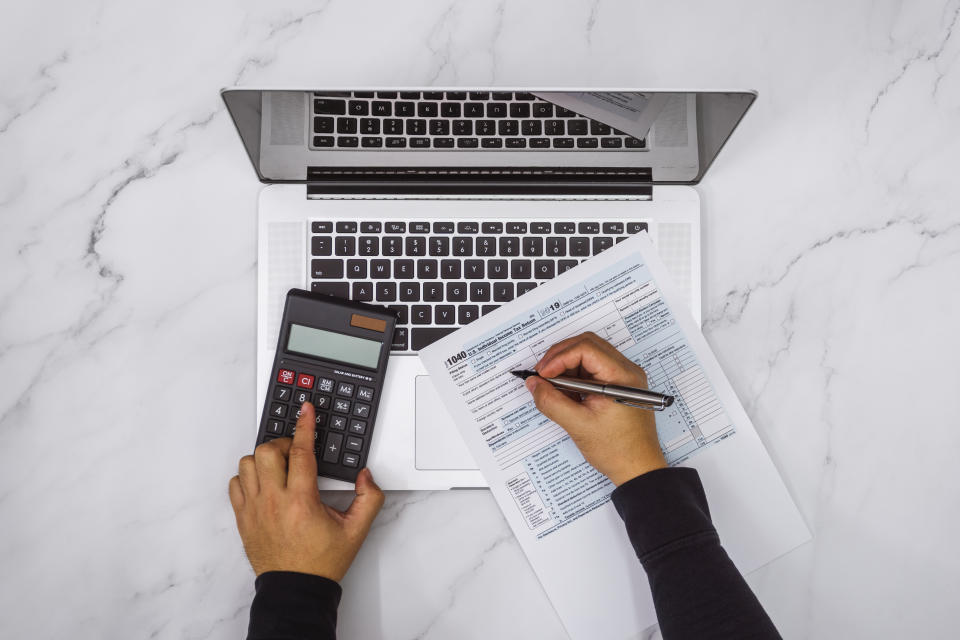Nine ways to spot a tax scam in 2020/2021

With the annual tax return deadline of 31 January 2021 not too far off and the HMRC warning that self-assessment customers should be alert to a rising number of scams, Hargreaves Lansdown (HL.L) has published nine ways to spot suspicious behaviour.
If customers are contacted out of the blue by HMRC, it’s more likely to be bogus than it is to be the taxman.
The HMRC will not send out a text or email about a tax rebate, so customers should beware of these.
The same applies to a text or email about a repayment.
The HMRC will also not ask for personal information such as an address, postcode, unique taxpayer reference or bank account over emails and texts.
If an email is from a non-HMRC email address, this is a clear indication of a spam. “This isn’t always easy to spot because some will include HMRC somewhere in the address, so err on the side of caution,” HL said.
Another red flag would be if someone gets in touch claiming to be from the HMRC and asks for financial information, unless a customer has specifically given HMRC permission to do this.
If an email contains an attachment, this could be a scam, again unless customers have specifically given HMRC permission to do this.
If a customer is being asked to transfer money, this should be reason to be cautious.
Another sign of a scam is that the person getting in touch doesn’t use the name that the customer has registered with HMRC.
If unsure, customers should call the self-assessment hotline or go into their Government Gateway account online and check if they have received any legitimate contact from the HMRC.
Commons scams include phoning, emailing or texting taxpayers offering a fake tax refund, and asking for bank details, Hargreaves said.
Texting or emailing a link claiming to be from HMRC, which encourages people to enter their bank details, and threatening people with arrest or imprisonment if a bogus tax bill is not paid immediately are also techniques often used by fraudsters.
READ MORE: How to claim tax relief for the year for working from home
If targeted, customers should forward details of calls and emails to phishing@hmrc.gov.uk and texts to 60599. If they have lost money, they should contact the fraud department of their bank immediately.
They should also contact Action Fraud on 0300 123 2040.
The HMRC said in November that in the last 12 months, it had responded to more than 846,000 referrals of suspicious HMRC contact from the public, and reported over 15,500 malicious web pages to internet service providers to be taken down.
Almost 500,000 of the referrals from the public offered bogus tax rebates.
Sarah Coles, personal finance analyst at Hargreaves Lansdown, said: “Falling foul of the scammers is a horrific prospect in any year, but in 2020, you’ve had to fight for every penny, so the thought of losing your carefully saved cash to scammers and being unable to pay your tax bill is horrendous.
“The best way to stay safe is to assume contact from HMRC is bogus until proven otherwise.”
WATCH: Why tax rises may be inevitable?

 Yahoo Sport
Yahoo Sport 





































